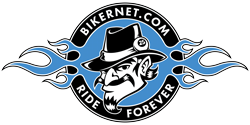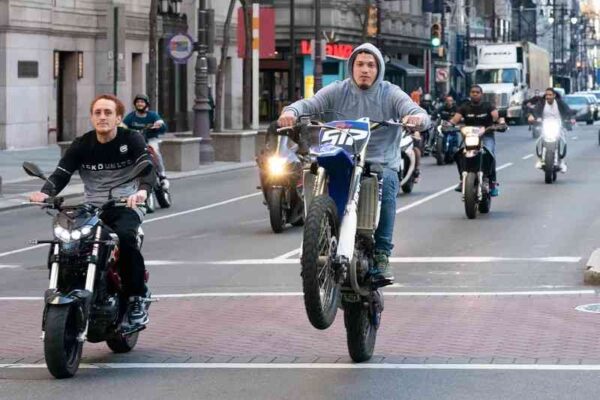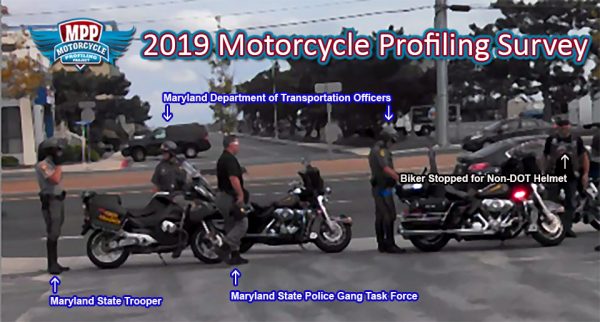Kanopolis City, Kansas Ordinance for Off-Road Motorcycles
from https://www.indyrepnews.com (First Published in the Ellsworth County Independent/ Reporter, September 23, 2021) ORDINANCE NO. 2021-O-02 AN ORDINANCE AUTHORIZING THE USE OF OFF-ROAD MOTORCYCLES (ALSO KNOWN AS ‘DIRT BIKES’) ON THE STREETS OF KANOPOLIS, KANSAS, AND PROVIDING FOR PENALTIES FOR VIOLATION OF THE SAME. BE IT ORDAINED BY THE GOVERNING BODY OF THE CITY OF KANOPOLIS, ELLSWORTH COUNTY, KANSAS: The purpose of this Ordinance is to protect the health, safety, property and well-being of the citizens of Kanopolis by regulating the use of off-road motorcycles in the city which may endanger the safety of persons driving, bicycling or walking on the roads, the safety of motorists, cyclists or pedestrians, the safety of its operators, and which may disturb the use and enjoyment of land. This section shall apply throughout the city, both on and off streets and highways and on all public and private land. • Sec. 1. – Definition. The following words, terms and phrases, when used in this section, shall have the meanings ascribed to them in this section, except where the context clearly indicates a different meaning: Off-road motorcycle or dirt bike means any motorized nonhighway vehicle traveling on two tires, and having a seat designed to be straddled by the operator, and/or any motorcycle licensed for highway travel being utilized off of a street, roadway or improved surface. • Sec. 2. – Unsafe use of off-road motorcycles prohibited. The following practices constitute unsafe use of off-road motorcycles in the city: (1) Use of an off-road motorcycle one-half hour after sunset to one-half hour before sunrise without headlights and rear lights installed and illuminated. (2) Use of an off-road motorcycle without a rearview mirror. (3) Use of an off-road motorcycle without a warning device such as a horn. (4) Use of an off-road motorcycle with more than […]
Kanopolis City, Kansas Ordinance for Off-Road Motorcycles Read More »


